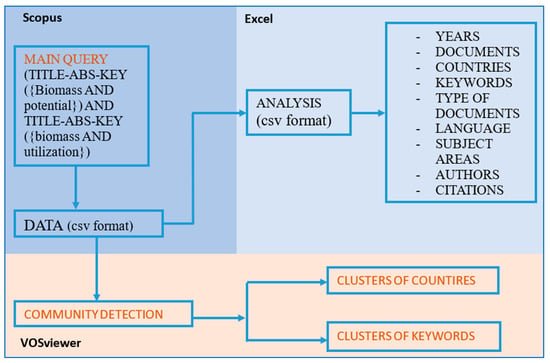
Green Power Revolution: Maximizing Biomass Energy Utilization
Biomass energy utilization stands at the forefront of sustainable energy solutions, contributing to a green power revolution. In this exploration, we delve into the multifaceted aspects of biomass energy and its diverse applications in fostering a more sustainable and eco-friendly energy landscape.
Harnessing Nature’s Residue: The Essence of Biomass Energy
Biomass energy draws its strength from organic materials derived from plants and animals. From agricultural residues and forestry byproducts to organic waste, biomass encompasses a wide array of renewable resources. Harnessing these residues for energy production is a pivotal step toward a sustainable future, as it utilizes nature’s abundance without depleting finite resources.
Bioenergy Production: Turning Biomass into Power
The process of bioenergy production involves converting biomass materials into usable energy forms. This can be achieved through various methods, including combustion, gasification, and biochemical processes like anaerobic digestion. These methods unlock the energy stored in biomass, transforming it into heat, electricity, or biofuels that can power homes, industries, and transportation.
Powering Homes Sustainably: Biomass for Residential Heating
In residential settings, biomass energy utilization is making significant strides, particularly in heating applications. Biomass boilers and stoves are becoming popular alternatives for space heating and water heating. These systems burn biomass pellets, wood chips, or other organic materials, providing a sustainable and efficient source of warmth for homes while reducing dependence on conventional fossil fuels.
Biofuels Revolution: Transportation’s Green Alternative
Biomass energy plays a pivotal role in the biofuels revolution, offering a green alternative for the transportation sector. Biofuels, such as ethanol and biodiesel, are derived from biomass sources like corn, sugarcane, and algae. These fuels can be seamlessly integrated into existing engines, reducing greenhouse gas emissions and diminishing the carbon footprint associated with conventional fossil fuels.
Biogas from Waste: Turning Organic Matter into Power
Anaerobic digestion, a biochemical process, allows the conversion of organic waste into biogas. This biogas, primarily composed of methane, serves as a clean-burning fuel. The utilization of biogas in electricity generation or as a direct source of energy for cooking and heating not only addresses waste management concerns but also maximizes the potential of biomass energy in a circular and sustainable manner.
Economic Viability: Job Creation and Rural Development
The growth of biomass energy utilization brings economic benefits, contributing to job creation and rural development. From cultivating biomass crops to operating bioenergy facilities, the biomass sector provides employment opportunities. This economic aspect is particularly significant for rural communities, creating a more sustainable and diverse economic landscape.
Environmental Benefits: Mitigating Climate Change Impacts
Biomass energy utilization stands as an environmentally friendly option, offering several benefits in the fight against climate change. Biomass is considered carbon-neutral as the carbon dioxide released during its combustion is roughly equal to the amount absorbed by the plants during their growth. This closed carbon cycle minimizes the net impact on atmospheric carbon levels.
Challenges and Considerations: Sustainability in Biomass Energy
While biomass energy utilization holds immense promise, it is not without challenges. Ensuring sustainability in biomass practices requires careful consideration of factors such as land use, resource management, and biodiversity conservation. Striking a balance between biomass energy utilization and ecological well-being is crucial for the long-term viability of this renewable energy source.
Global Impacts and Future Outlook: Biomass in the Energy Mix
Globally, the impacts of biomass energy utilization are expanding. Countries are integrating biomass into their energy portfolios, recognizing its potential in diversifying energy sources and reducing dependency on non-renewable options. The future outlook for biomass energy involves continued advancements in technology, improved sustainability practices, and further integration into the broader renewable energy landscape.
To explore more about Biomass Energy Utilization, visit alnewgetinfo.my.id and stay informed about the latest developments and innovations propelling the green power revolution. Join the movement towards maximizing biomass energy utilization for a sustainable and eco-friendly energy future.



